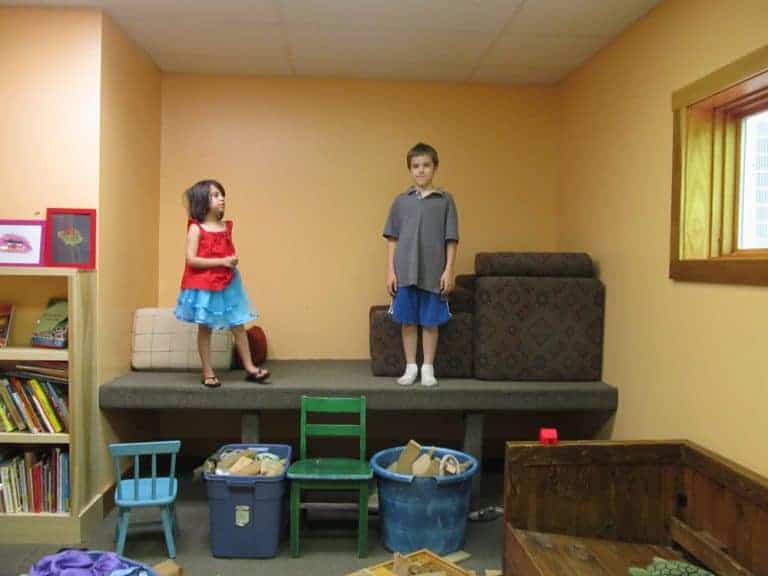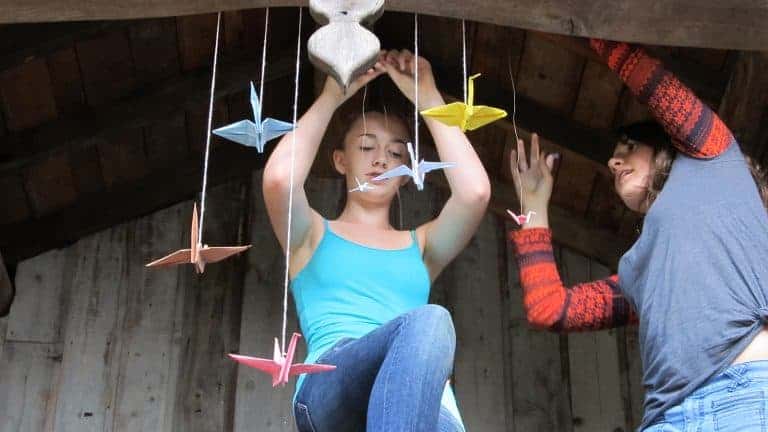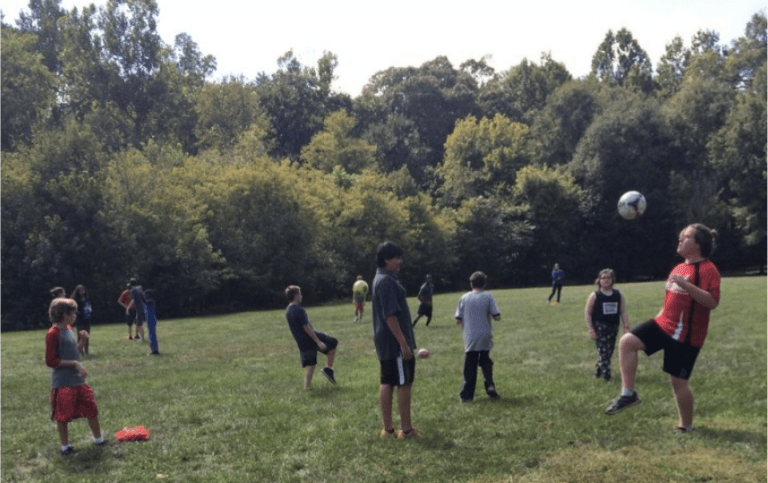Hamlet
 As a teaching artist for the past 21 years, it has been both my pleasure and my passion to share my art with students. This year’s challenge of Shakespeare’s Hamlet has proven equally fulfilling. It is my personal belief that one can learn everything through the theatre. Over the past 7 years, I have had to rethink how I teach theatre arts to fit into a Sudbury philosophy. The two war at each other in ways that I never would have imagined. The first, best, example of this can be displayed in the relationship between the players and the director. These players come with the preconceived idea that because we are Fairhaven, the play will be a democracy. Art by committee, to my knowledge, has not been successful. As the director, “my vote counts as a 1000” (Schertler, 2006). However, the students have learned that this is okay. I believe it prepares them for their future when they leave Fairhaven and exist in a world in which they may not be the boss. This is just one small lesson that can be gained through theatre arts. While I have always thought the final product, the show, to be important, I continue to stress the importance of the process through which these students go when they do a show. Watching the students grow and change as they go through a production amazes and enthralls me. “The play is the thing…” (Shakespeare, 1601).
As a teaching artist for the past 21 years, it has been both my pleasure and my passion to share my art with students. This year’s challenge of Shakespeare’s Hamlet has proven equally fulfilling. It is my personal belief that one can learn everything through the theatre. Over the past 7 years, I have had to rethink how I teach theatre arts to fit into a Sudbury philosophy. The two war at each other in ways that I never would have imagined. The first, best, example of this can be displayed in the relationship between the players and the director. These players come with the preconceived idea that because we are Fairhaven, the play will be a democracy. Art by committee, to my knowledge, has not been successful. As the director, “my vote counts as a 1000” (Schertler, 2006). However, the students have learned that this is okay. I believe it prepares them for their future when they leave Fairhaven and exist in a world in which they may not be the boss. This is just one small lesson that can be gained through theatre arts. While I have always thought the final product, the show, to be important, I continue to stress the importance of the process through which these students go when they do a show. Watching the students grow and change as they go through a production amazes and enthralls me. “The play is the thing…” (Shakespeare, 1601).
Ruth Yamamoto
References
Schertler, D. (personal communication, 2006)
Shakespeare, W. (1601). Hamlet


